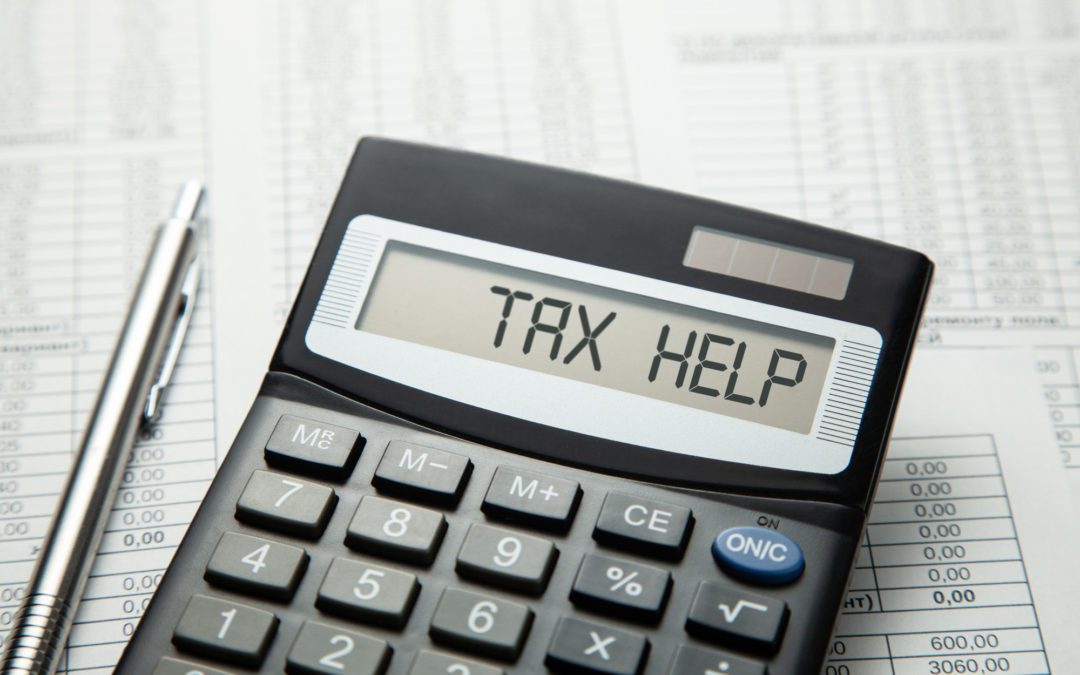When you can’t pay your taxes, you never think it could lead to losing your home, but it can.
Americans owed over $114 billion in back taxes, penalties, and interest in 2020. Some of these unpaid taxes will result in tax liens being placed on the properties of delinquent homeowners. The same can happen to homeowners with property tax delinquency.
So what exactly are liens on a property, and how can you determine if one has been placed on yours? This quick guide explains what homeowners need to know.
What Is a Tax Lien?
A tax lien is a legal claim by a third party to a portion of your property for an unpaid debt.
A few different ways a lien can be placed on your property. A contractor can file a lien for services rendered and not paid. A court can order a lien for any money you may owe to a third party. Or the most common type of liens is tax liens.
A tax lien results from non-payment of taxes, typically federal income taxes, but it can also result from the delinquent property or state taxes. If the IRS determines you likely won’t be able to pay your back taxes within the 10-year statute of limitations, they will place a lien on your home. You will be notified, but mistakes can happen, and a lien can be placed without your knowledge.
If you owe the IRS, you can easily find out if a lien has been placed on your home.
How to Find Tax Liens on a Property
You can pay a title company to do a property search for you, but liens are publicly-available information. So first, check the website for your local county clerk or assessor to see if property records are searchable online. If not, they can search for you at the county clerk’s or assessor’s office.
If you find a lien has been placed on your property by the IRS, you will need to pay all back taxes, penalties, and fines before having the lien removed. The IRS won’t necessarily seize your home right away, but they do in some cases.
You will not be able to sell or refinance your home without the IRS getting what’s owed. In most cases, it is better to take care of your delinquent back taxes and have the lien removed as soon as possible. Depending on how much you owe on your mortgage and to the IRS, you might not be able to find a buyer willing to pay as much as you need if you decide to sell.
Don’t Leave Taxes Unpaid.
Dealing with liens on a property isn’t pleasant, but it is necessary. Don’t let unpaid taxes keep you from selling or refinancing your home or hurt your credit.
If you have a lien on your home due to unpaid taxes, get help from a professional who can determine the best course of action for your situation.




